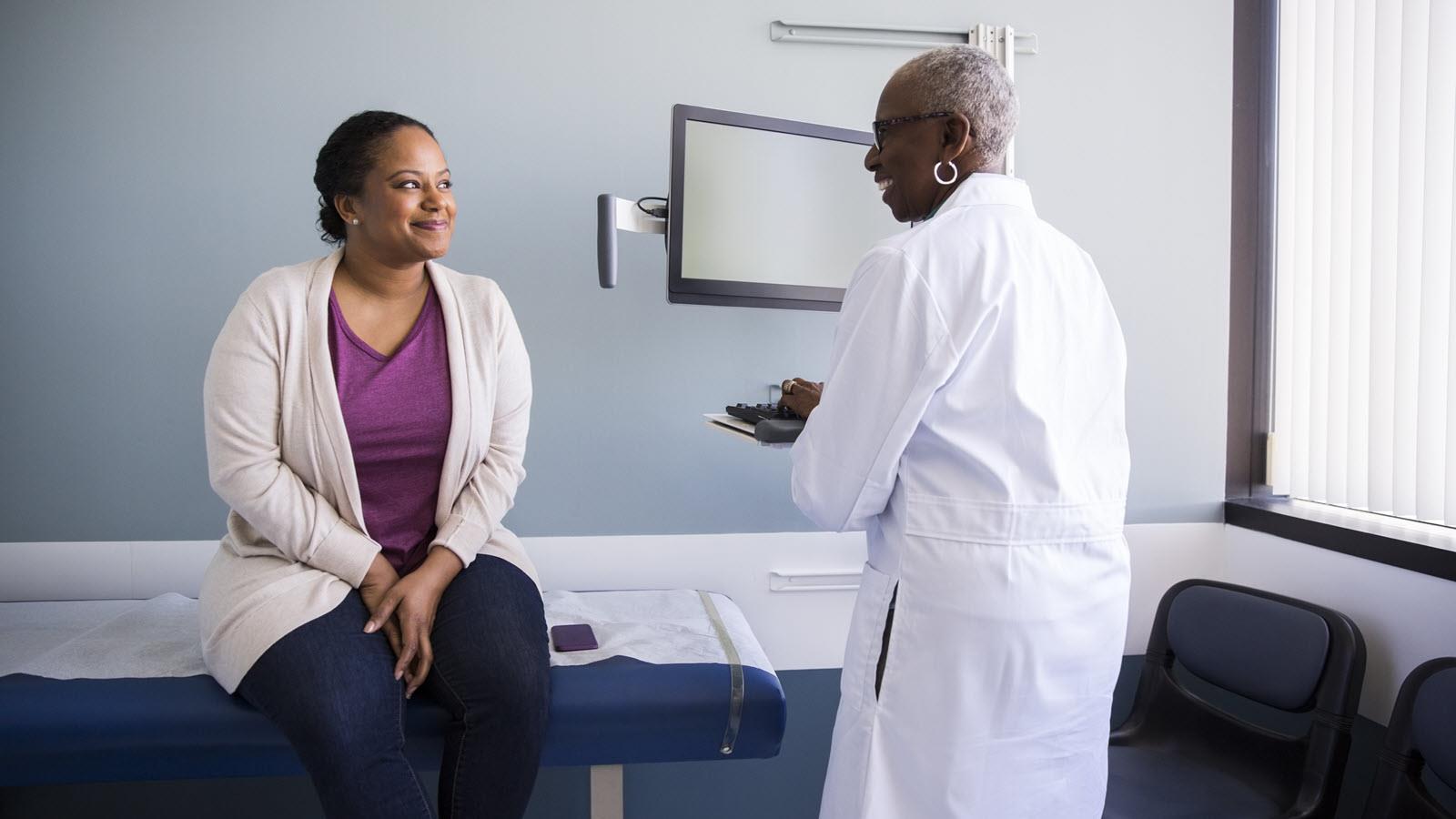Your relationship with your doctor can be one of the most fundamental aspects of your medical care. A good doctor-patient relationship establishes trust and a sense of confidence that your concerns will be handled with expertise and empathy.
A doctor-patient relationship that lacks those essentials can be stressful and makes it harder to get the care you need. And that’s the last thing you want when you depend on medical expertise frequently.
Here’s what patients say they want from their doctors, according to several surveys:
A 2018 survey from online medical booking platform Zocdoc found that 82% of respondents wanted a doctor that asked good questions and 74% wanted a doctor that was a good listener. Eighty percent wanted a doctor that made them feel comfortable, and, on the lighter side, close to half wanted a doctor with a good sense of humor.
A 2020 study from the Patient Experience Journal looked at how ratings on the standard patient-doctor relationship questionnaire (PDRQ) were affected by how empathetic doctors were, how satisfied patients were, and how effectively doctors communicated. They found significant correlations between PDRQ scores and all three categories.
A 2022 survey of 2,005 Americans by market research company OnePoll found that more than half of patients feel nervous about asking their provider about their conditions or symptoms, often to the point of not asking at all. Most patient’s biggest desire? More information.
Thirty-eight percent of respondents said their anxiety came from a lack of information and preparation before the visit, and 69% wished they knew how to better describe symptoms to their doctors. But about half worried their provider would be insulted if they asked for more information, and around the same number said they left appointments feeling confused about their conditions.
Using Tech to Access Care
The COVID-19 pandemic drove up the number of online medical appointments, which can make doctor’s appointments quicker, cheaper and easier for patients, though there’s a limit to what can be accomplished on a video call. Still, a 2021 study of 3,454 U.S. households found that 86% were satisfied with their telehealth visits, with little variation across metro areas, income levels and among those with chronic conditions.
Variations do occur when you ask different age groups how much of their health care they want to conduct online. A 2018 survey of millennials, those born between 1981 and 1996, showed that 54% would like to be friends with their doctors on social media and 65% thought it was appropriate to use social media to contact their physician. Older patients were less likely to make a social media connection with their doctor.
And almost half of people older than 50 said they preferred to talk to their doctor on the phone rather than communicate via a computer, according to another survey of adults.
How to Improve Your Next Doctor Visit
Some patients who have chronic conditions – and are impressively organized – say they keep a running list of questions for the doctor and then bring it to their next appointment. Get more advice on how to take charge of a medical appointment in the video below:



